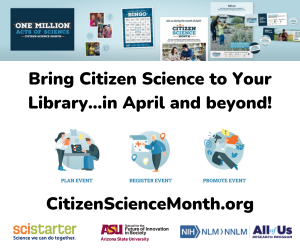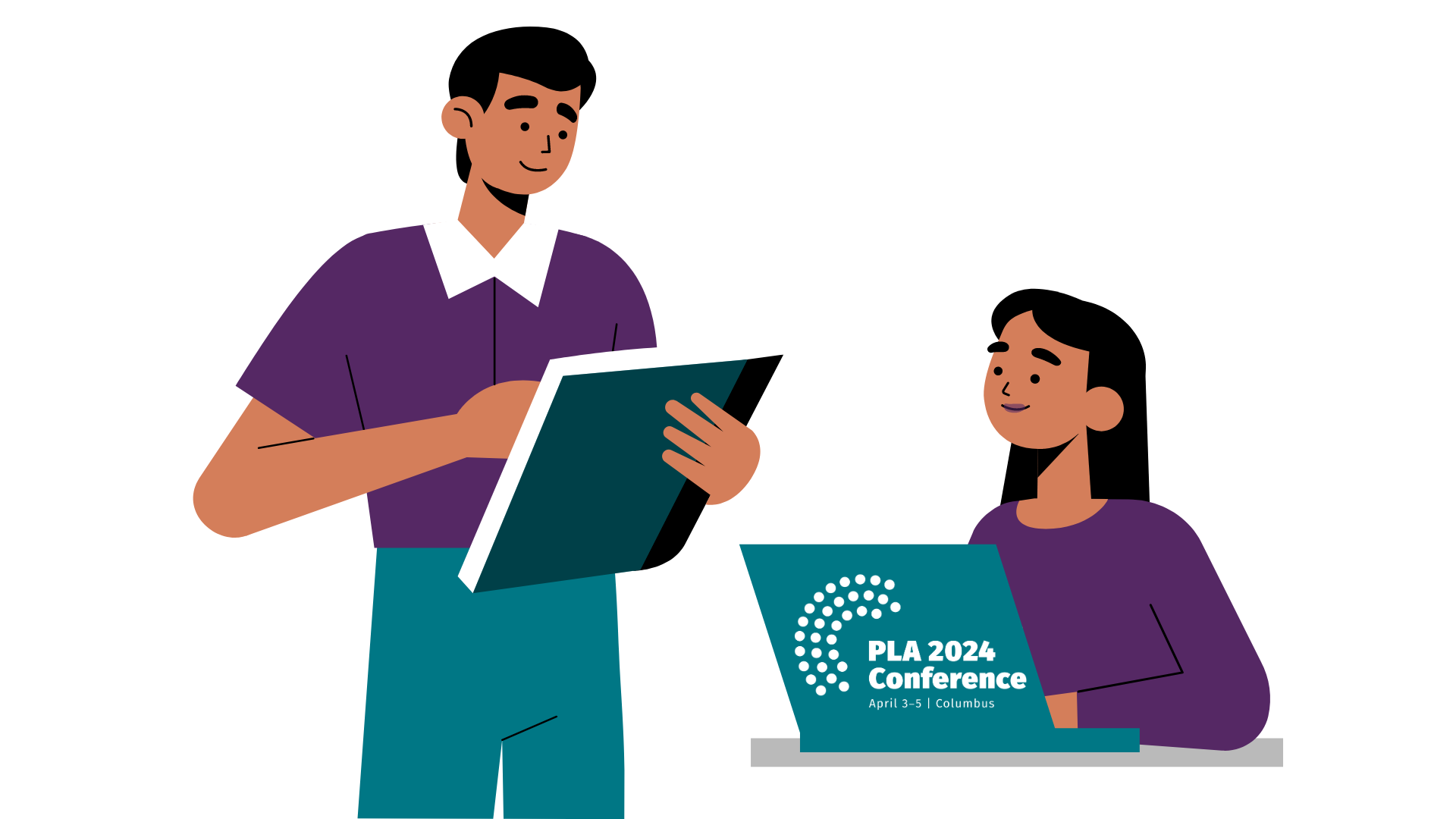FROM THE PRESIDENT | It’s Complicated

PLA President Vailey Oehlke is Director of Libraries for Multnomah County (OR) Library in Portland. Contact Vailey at vaileyo@multcolib.org. Vailey is currently reading Evicted: Poverty and Profit in the American City by Matthew Desmond.
As I write this, I am reflecting on the fabulous PLA 2016 conference in Denver. I’m so proud of the exceptional experience the PLA staff and the many volunteers produced for all of us. I learned, I had fun, I made many new connections, and I drank a lot of water.
One of the biggest takeaways of the conference for me (other than that I should avoid dancing in public) had to do with the impacts of technology and devices on our lives. As someone who can’t imagine doing her job without the Internet and a smartphone, I have also been nagged lately by a concern for how that hyperconnectivity might be impacting who and how I am. From Sherry Turkle’s Big Ideas talk about conversation and the ability to complete a novel, to Arianna Huffington’s luncheon remarks about sleep (see her 2016 book, The Sleep Revolution: Transforming Your Life One Night at a Time), I had ample opportunity to reflect on my own behavior. I also became conscious of my own reluctance to admit to such concerns for fear of being labeled a Luddite or out of date. It’s worrying enough that I might be finally crossing that line where I prefer to listen to “my music” rather than the popular stuff that all the cool kids are listening to.
Don’t get me wrong, I place a very high value on access to the digital world and all its benefits. I am a strong advocate for digital equity. And I believe libraries play a critical role in both. But why did it feel courageous for Turkle to take a stand on human relations in the digital landscape? To argue that we are losing our capacity for empathy by interfacing so regularly via technologically mediated means? And what does it mean that most of the people she interviewed for her 2015 book (Reclaiming Conversation: The Power of Talk in a Digital Age) believed that their obsession with their devices wasn’t “good” but couldn’t imagine reducing their use? These people included parents with small children whose healthy development is so connected to their active and positive interaction with their parents.[1] If we are designed to interact with other people, what happens as we spend increasing amounts of time interacting with screens and devices?
There’s a role here for libraries. And one can convincingly argue that we are already an antidote to this worrisome trend. People come to our physical spaces to learn, to engage in shared experience, to discuss, and even to contemplate their navels. And many libraries have worked hard to insert similar dynamics into their virtual offerings. But I wonder if there is more we could be doing. Could we be more overt and deliberate about creating experiences that compel people to put their phones down, raise their heads, and engage in conversation?
As I learned last February on a trip to Cuba for the American Library Association– sponsored Havana Book Fair Tour, the answer to such questions is often the same: “It’s complicated.” In Cuba, where access to the Internet is highly regulated and minimally available, I witnessed large crowds of people sitting on curbs and walls near Wi-Fi hotspots, hunched over their devices with the one hour of low-quality Wi-Fi access for which they paid two pesos. It was clear to me that Cuba and its inhabitants would benefit from improved access to the digital world. An aside: it was also clear to me that Cuba’s libraries would definitely benefit from more high-quality print books in their collections.
The ubiquity of people hunched over smartphones, however, was notably less prevalent as we explored Havana, and the cities of Trinidad and Cienfuegos. More people sat on the Malecón (“the world’s longest bench”—an esplanade that lines the Havana coastline) talking, laughing, and engaging with one another rather than staring down at digital devices. That’s not to say that many Cubans with whom I spoke don’t long for better access and devices. They should have both and so should the many individuals in the US for whom the same is true. But is it inevitable that the sort of hyperconnectivity many of us experience now should come at the endangerment of rich, messy, interactive, unedited conversation between flawed human beings and the learning and empathy that come with it? Or that many of us (myself included) seem to struggle to finish a novel or spend quiet time in solitude contemplating our navels?
Like Turkle, I believe technology is a critical element of our lives. I’m not about to ditch my smartphone. And this is not an admonition or call for turning our backs on technology. But I am reminding myself of the value of face-to-face conversation, shared laughter, and even real-time arguments. I happily shared my PLA 2016 experience with Twitter and Facebook, but I will really treasure the laughs I shared with complete strangers (usually about my entrance at the opening session) and the rich conversation following sessions we attended. I’m sorry, but there’s no virtual substitute for riding a mechanical bull.
This is my last PL column as PLA president. It has been an honor and an incredibly enriching experience to serve in that role and to represent such an outstanding organization. Thank you to the PLA members for this opportunity. Just an FYI, the next time you see me at a conference embroiled in my device, I’d be very happy if you tap me on the shoulder and strike up a conversation.
NOTE
[1] For a heartbreaking demonstration of the importance of this interaction take a look at a video (bit.ly/1mEZ3Y8) that was part of a study on the effects of child neglect conducted by Dr. Edward Tronick, a developmental psychologist at the University of Massachusetts. “Infants, like all humans, are designed to be in interaction with other people,” said Tronick (in Brigid Schulte, “Effects of Child Abuse Can Last a Lifetime: Watch the ‘Still Face’ Experiment to See Why,” Washington Post, Sept. 16, 2013, accessed May 12, 2016, wapo.st/1shMv1m).







